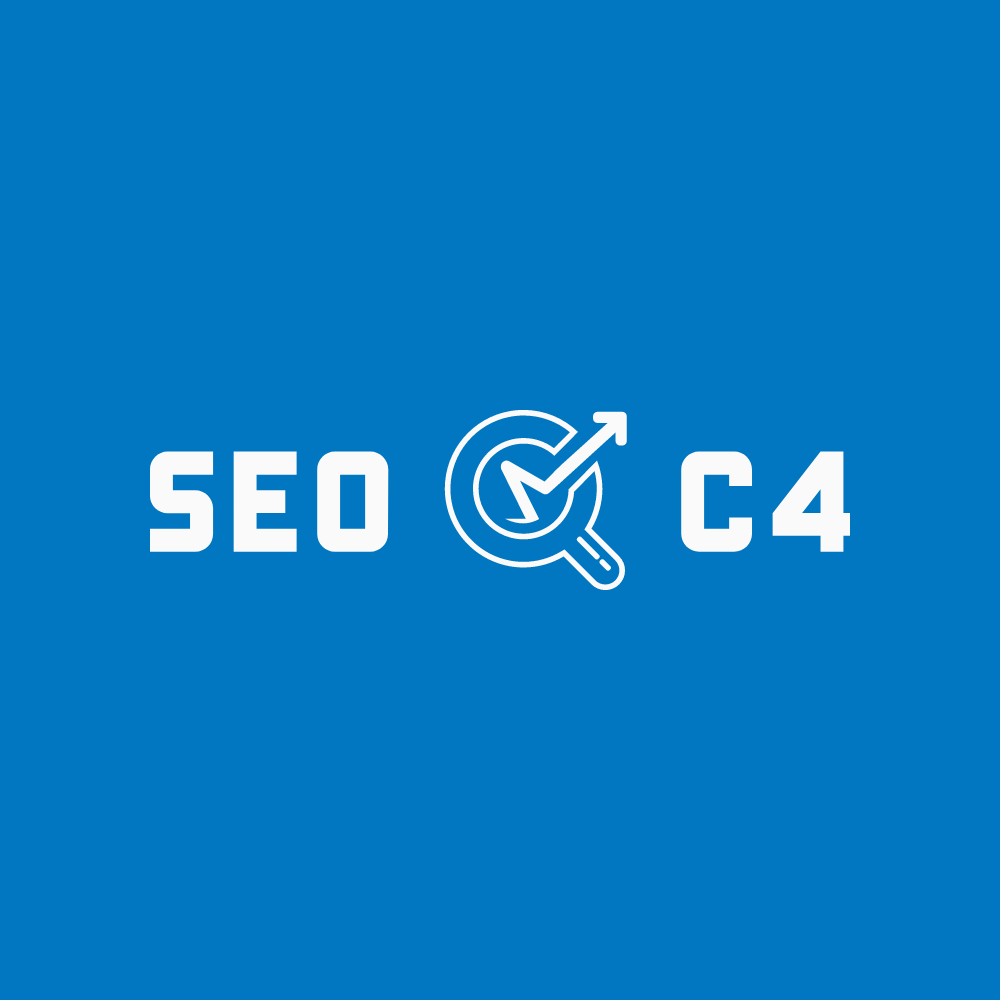
There are three basic goals for SEO (Search Engine Optimization) higher ranking on search engines, directing a larger number of traffic towards your website, and converting more visitors into customers. While there are multiple factors in On-Page and Off-Page SEO, one of the most crucial components of SEO and Digital Marketing is SEO Content Writing. SEO content writing for website is as vital as the pulse. There is no point of putting any effort on other aspects of SEO if the content of your website is not optimized, or in other words written with the intent of meeting the ranking criteria of search engines.
What is SEO Content Writing?
Content writing for websites has drastically changed over the past decade as Google has changed its algorithms. While Google has not shared the factors and the value it gives them while ranking a page or website, it is common knowledge that Google takes in account the domain authority, page authority, value and relevancy of content, and users experience in account while ranking a particular blog. All of these factors are related to the content on the website in one way or other. Writing the content for websites keeping in mind the factors that will help you rank on search engines is called SEO Content Writing. In this article, I will share the important factors related to SEO content writing that will help you rank on search engine and drive traffic to your website.
Significance
SEO Content writing is important for three basic reasons;
1. It plays an important role in Google Ranking, as you can no more throw in the keywords and gets ranked on the first page. Google wants more from you. Google wants you to provide valuable, relevant information to the visitors of your websites. The importance of value cannot be overemphasized. Similarly, your content needs to be relevant. Relevancy is an important factor in the Google ranking system also known as Google algorithms.
2. SEO content can help you reach a more targeted audience and improve your conversion rate. If you share valuable content with the right amount of well-performing keywords, it will dramatically improve the user’s experience and drive traffic to your site. Of course, better content means better traffic, better chances for lead generation and better conversion rate.
3. Good compelling content can convert your visitors into your customers. If your content is meeting their needs it will also keep them coming back for more. But that will only be the case if the content is genuinely good.
What should you write about?
It is very important to create unique and quality content, but how to know what kind of content you need to write? Which topics will flatter the search engines enough to rank you? The answer is simple, the search engine only cares for the user’s experience. To rank better, you should write what your audience wants to read. If you have a product to sell, DO NOT WRITE JUST ABOUT YOUR PRODUCT. I have put it in caps because I cannot emphasize this enough. People are less likely to buy a product when they feel targeted for a sales pitch. It makes them uneasy and they leave your website immediately. Instead, write a post about a topic that will both interest your target population, and is also relevant to your product and make a mention of your product in it. When I say mention, I mean to mention. If say your blog is of 1000 words, do not dedicate more than 100 words for your product.
Here are some examples:
1. If your targeted audience is the community of businessmen, you should be sharing the information they would like to have. Maybe talk about investment trends of the past decades and predictions from experts for the coming years. You can write about the most efficient software to keep the logs of expenses. You can also write about tips to manage the cash flow and secrets of employing the right staff for your company.
2. If your targeted audience is the new mothers you should write about tips to take care of a newborn and nutritional need of the babies as they grow. You can also write about the changes a new mom goes through after delivery, and why it is important for new dads to spend time with newborns.
3. If you are writing for an audience that is 18 to 30 years old, you can write about finding jobs, designing a CV to get hired, improving communication skills, tips to succeed at romantic relationships and a lot more.
Always keep in mind what your audience will be interesting to read about and what they would like to know about. Keep people first, because that’s what search engines are doing.
Keyword Research
When you know what you are going to write about it is important to know how to find the keywords relevant to your niche which will also benefit your site in terms of attracting traffic and getting ranked on search engines. Preferably look for keywords with high volume and low competition. This means that the keyword is searched by a great number of users but is used by significantly less number of competing websites. You will also need to research relevant key phrases, which could be long-tailed keywords and LSIs. It is recommended you use a mix of your focus keyword, long-tailed keywords and LSIs to avoid getting penalized for keyword stuffing. Keyword stuffing is when you litter your content with the keyword. Yes, you are penalized for such practices now.
Keyword Placement
Once you have figured out which keywords you are going to use, you need to know where you have to place those keywords. Your keywords need to be placed in a minimum of four areas of the blog which I am sharing below:
- Titles and headings (H1)
- Subheadings (H2, H3, H4, H5)
- Meta titles (if you have access to the page’s metadata)
- Links to other pages that are relevant to the phrase
- Within the actual text (“content”) itself.
Keyword Frequency
Since keyword stuffing is a crime in the world of search engines, what is the optimal amount of keywords you can use to help your case? While experts have a varying amount they believe is optimal, it lies between 1% to 7% in general. Some say that keyword should make up to 3-7% while others say it is best to stick between 1-3% for the safest bets. Neil Patel, stated if you go over 5.5%, you are the culprit of keyword stuffing. Whatever percentage you decide to go with making sure you disperse the keywords well in the content and do not cluster it in just the start or the end.
Titles for SEO Content Writing
Design titles and headlines that are catchy but do not mislead our audience. If your headline is not attractive, you might have a great reach but will not get much engagement. On the other hand, if you are misleading your audience with click-baits and false advertisement headlines, you will have a skyrocketing bounce rate which will also hurt your ranking.
According to experts titles with starting with numbers (e.g; 10 Big Businesses… 5 Fake News…) or Adjectives ( Super Model, Best Selling, Crazy Cheap Deals) get clicked more often. If you will Capitalize the first alphabet of each word your title is more likely to grab attention than a sentencing case or all caps. Among long-tailed keywords, the informational keywords are most rewarding. Your focus keyword paired with ‘how to’ ‘learn to’ ‘where I can’ can help make your titles perform better.
Writing the Introduction
The first paragraph of your article/blog is usually considered as an introduction to your topic and should immediately make it clear what the rest of the content will be about. According to Neil Patel your introduction should contain at least one of your focus keywords and preferably a long-tailed keyword.
Optimal Content-Length
While there are no strict limits on word count, it is recommended that your title and headings must not exceed 60 characters for the best visibility. Similarly, the optimal word count for meta-description is 160.
While you are advised to limit the word count for the title, headings, and meta-descriptions, content, on the other hand, has no defined limit. In fact, the expert encourages you to lengthen your content as much as possible without damaging the quality and standard of your content.
Why more words? Because the more content you are providing in one article or blog, it means more information you are sharing with your user. Google and other search engine rank the more informative articles and blogs better. Plus the lengthy the article is, more time the visitor will spend on your site which will also add up to better ranking of your website or blog. As per experts a good length for a blog is a minimum 1000 words and a maximum of 4000 words, but ideally, your blog should be close to or above 1500 words for it to perform well.
You should also consider writing pillar posts. The pillar post is a long article which basically includes all the information it is available on a topic. These comprehensive, detailed and lengthy articles usually rank quickly and stay up in ranking for a longer period as it is hard to beat the amount of information they are sharing. I know, it is time taking and difficult task to design such a post but it’s totally worth all the effort and time you will be investing in it.
Writing Style
For shorter articles/blog (less than 1500 words) it is recommended you keep a professional straight-to-business tone. However, if most of your posts will be longer (more than 2000 words) its best to set a lighter, friendly tone. If you expect your audience to stick with you till the end of a long post, its best to set a humorous mood and not to bore them with dry-one-sided-conversation. It is going to be one-sided-conversation anyway but it better not be dry. Humor brings in a more personal feel, helping you to bond with your audience.
Posting Frequency
Search engines favor sites which are constantly updated. It is recommended that you update your website regularly. If you have enough time and resources you can upload multiple posts daily, but if you are limited in resources, three blogs a week is considered a moderate amount. If you upload pillar posts with word count larger than 4000 words, you can post once a week and still are good to go.
However frequent you plan to post, you should be regular in posting. Let’s suppose, if you plan to post even only one post a week, make sure you pick a day, say Monday, you should be uploading a new article/blog every Monday. It is important for your audience to know when to expect your next article/blog. If they are anticipating to receive more information from sure you, to build a regular following, it is important they find you reliable.
Other SEO Content Writing Tips
1. It is recommended that you create subheading whenever possible because that improves the readability and helps crawlers make better sense of your content.
2. Try to incorporate the keyword in subheadings.
3. If you have your website on WordPress, install Yoast, it will give you helpful tips on optimizing your content for readability and other factors.
4. Incorporates link from relevant posts on your website (internal links) and other websites (external links). It helps the relevancy factor.
5. Yoast recommends for better readability the word count in each of your subheadings should not be more than 300 words.
6. Add a moderate number of suitable relevant images to the post. Add your focus keyword in the alt attribute of your images.
7. Go back to your previously published content check its analytics and improve the content accordingly.
8. Also, remember SEO content writing is vital like a pulse running but without working on other factors of SEO your website will be live but in a vegetative state, means it will not go anywhere.




